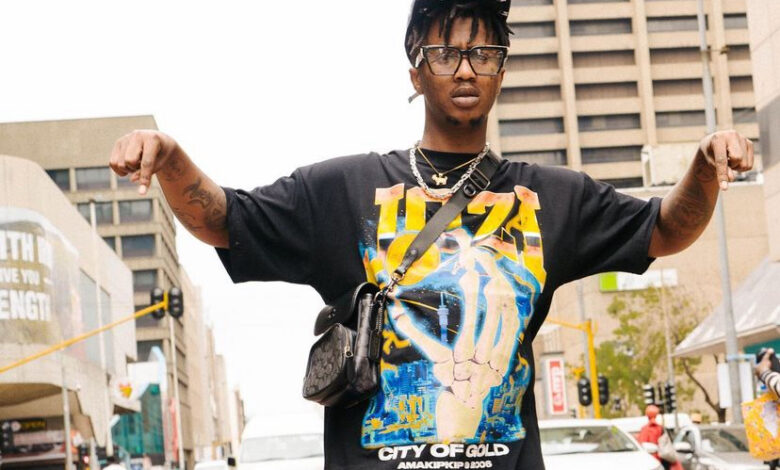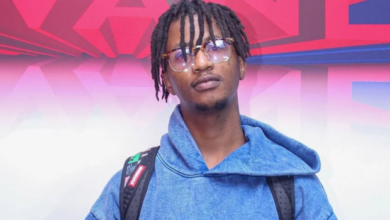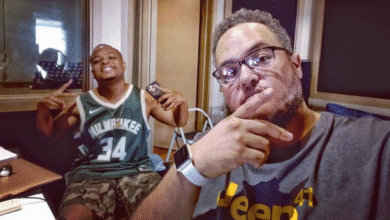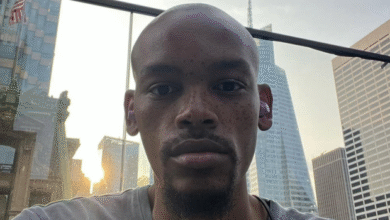Emtee: “F*ck the ANC”

In a recent episode of “The Juice 2.0,” filmed at Park 27, South African rapper Emtee did not hold back his feelings about the country’s ruling party, the African National Congress (ANC). Known for his outspoken nature and candid lyrics, Emtee’s remarks have sparked a wave of discussions across social media platforms and among political commentators.
During the sit-down interview, when asked about his views on the upcoming 2024 elections and the current political landscape in South Africa, Emtee’s response was both unexpected and bold. “I never thought I would reach a point where I would say ‘fuck ANC,” but clearly, his unhappiness around South Africa’s state of affairs has made me feel this way. This moment marked a significant departure from his previous public statements, which have largely been apolitical.
This is not the first time a celebrity has voiced their political opinions in South Africa, but Emtee’s blunt declaration has highlighted the growing concern among the youth regarding the future of their country. His words carry weight, not only because of his influence as a musician but also because they resonate with the frustrations of a significant portion of the South African populace.
Emtee’s remarks during the podcast have sparked a conversation about the role of artists and celebrities in political discourse. While some argue that public figures should remain neutral on such matters, others commend Emtee for using his platform to speak out on issues that affect his audience directly. His willingness to express his discontent openly challenges the notion that artists should stay out of politics, suggesting that their voices can be powerful tools for change or, at the very least, for sparking debate.
As the 2024 elections approach, it will be interesting to see how Emtee’s candid thoughts influence his fans and whether other public figures will follow suit in expressing their political views more openly. Regardless of one’s stance on Emtee’s remarks, it is clear that they have ignited a crucial conversation about governance, accountability, and the role of the youth in shaping South Africa’s future.




